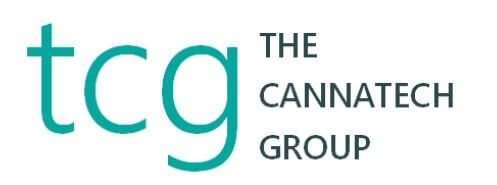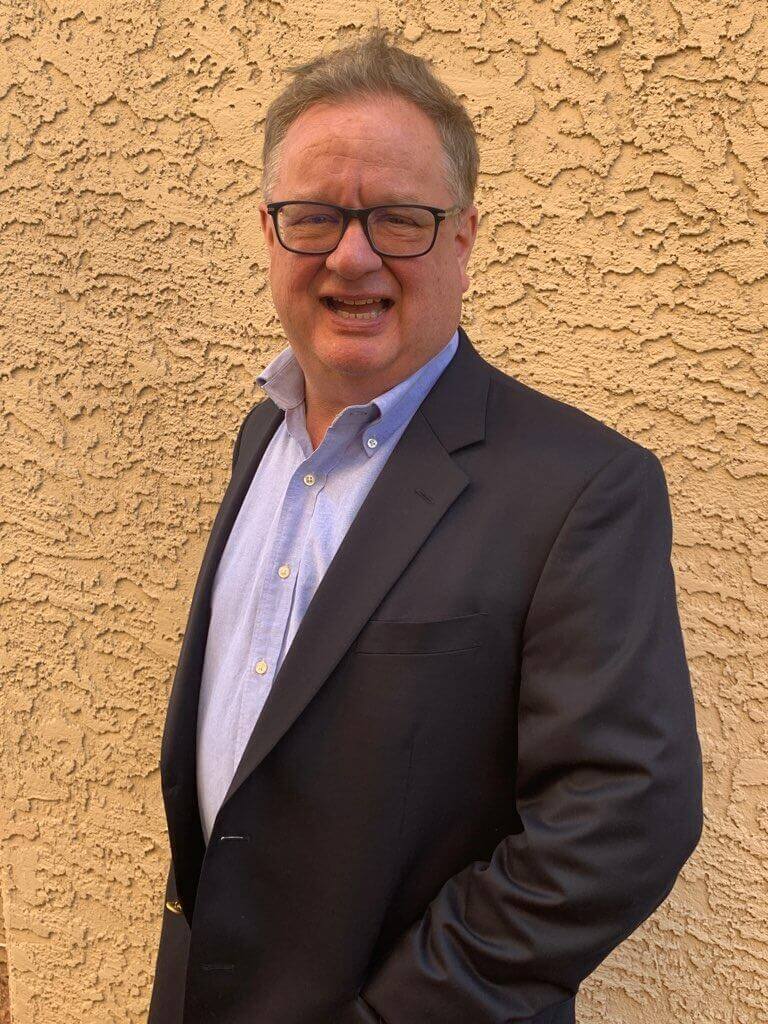There is no doubt that employees can make or break a company. In this ever changing business world employee knowledge, customer service, and skills are what set you apart from your competitors. Successful companies know the value of their staff. They know that employees are an essential factor in their success, and thus work hard to seek good people, and give them the resources they need. One of the most important assets you can give your employees is a good foundation. We meet up with Terry Smith who shares the value of employees, and some tips and tricks on onboarding, retaining, and building a culture.
Video Transcription
Harry Brelsford 0:06
Hey 420MSP Harry here with Terry Smith out of the Portland Oregon area. Terry, how you doing?
Terry Smith 0:13
Well, thanks. How are you?
Harry Brelsford 0:14
Very good, good. So we’re talking about HR human resources in the cannabis vertical. First of all, introduce yourself, what’s what is your story? And then we’ll talk about what you’re seeing out in the wild.
Terry Smith 0:27
Perfect. Yeah, I’d love to. So I’ve been in HR for a long time, as you know, the gray hair can kind of attest to. And I think, you know, I’ve been in a wide variety of different industries over the years, in the last couple of years, I’ve been involved in the cannabis community, and in particular, in the Portland area, but also branching out now and doing some consulting work up in the Seattle area, and kind of covering the I5 corridor or in between, if you will. So what I’m seeing in the, in the cannabis industry is I’m seeing a lot of obviously, a lot of small businesses, a lot of, you know, groups and folks that are trying to make it in the industry for one reason or another. And a lot of enthusiasts, a lot of people who are really, really, really passionate about cannabis and the opportunities that it presents, you know, for body and soul. But what I am looking for, and what I’m hoping to be able to help out with is bringing some sense of, you know, process and consistency to how business leaders manage their people, and how they because that’s the most important resource that they have. I mean, you can talk about products all day long, literally gets right down to it, you know, having, excuse me, having talented people working for you that see you as an employer of choice is a very important element in this whole thing. And so my goal is to be a resource to the community that provides you know, that kind of differentiator.
Harry Brelsford 2:04
Yeah. Are you seeing over on the other side of the aisle, my career in tech, the in particular, right now, cybersecurity, probably one of the hottest sectors out there. But, you know, it’s the kids all finish college, they’re getting jobs in cybersecurity if they have the appropriate background. And what I’m seeing, and I’ve seen it before, is sort of a formal onboarding process that can take a few weeks, right. It’s like, Hey, we don’t have to go to work on day. Well, you know, day one is company history, day two paperwork. Are you seeing that? Are you seeing an onboarding process? Or is this industry is just too young?
Terry Smith 2:45
Well, it’s interesting, because on the one hand, it’s easy to say, yeah, the industry is fairly young. But on the other hand, I’m working with a client, actually, in Seattle, we just went through the exercise of onboarding two new employees, and in fact, developed a very sophisticated onboarding process that speaks to almost exactly what you’re describing. So day one is this day two is this, you know, by the end of day five, we’ve covered this material, and then that sets us up for week two, and then the week three, and so forth, and then ask us to finish the 38 check in with, with the folks to see how they’re doing and make sure that, you know, they feel comfortable with what their what their role is, and that they understand more about the organization than they did when they started and those sorts of things. So, so I’m seeing people interested in and again, I think this is a tremendous differentiator is is that, that capability around being certain in your onboarding process, that you’re covering the right topics, and, and bringing people into the organization in a way that welcomes them. And that helps them to, you know, build the fundamentals to be successful.
Harry Brelsford 3:49
Yeah, I wish I had met yet. 22 years ago, when I started my community, SMB Nation, and I’m being a little facetious, but I’ve learned a lot along the way, and I’m too entrepreneurial. I’m really not an organizational guy. So So I’ve learned that in the hard way. That’s why I do startups. Number two, we never really had that at SMB Nation. And my bad I own it, but, you know, I was just like, hey, well, you know, first of all, it’s like, the way I bought my puppies, some English Springer spaniels, I took the first dog I saw, right so that’s number one, you go to the four H club and then like, I’ll take that one. And, and so I tend to hire that way. But more importantly, Terry, we never really had a white notebook with an onboarding process or procedures that was and again, I’ve just I’ve learned about myself, but it was like, Hey, welcome aboard. There’s your desk. There’s your laptop, you know, have fun. Yes. I don’t know. I don’t know. I’m sure you’re seeing that in cannabis. I mean, there’s there’s Harry’s out in the Wild?
Terry Smith 5:02
Yeah, I definitely do see that I think it’s a tremendous opportunity. And again, I think I want to emphasize that you know, that’s a differentiator, being effective at that that onboarding process is really critical. because fundamentally, what you want to be able to do, and I’ve talked to different cannabis leaders about this is that you want to be able to establish your working culture, and then you want to be able to read on a repeatable basis, be able to bring people into that culture. So that, you know, number one, if you’ve done a good job of recruiting, you’ve been looking for people that map to that culture. And then number two, that you’re continuing to re educate and re emphasize the culture as you as you add new people, so that you’re, you know, keeping consistent with your core values and with your mission and your vision. So I think it’s I think it’s a great opportunity, like I say, for businesses that really want to get down that path to differentiate and become more of that employer of choice.
Harry Brelsford 6:02
Final question or questions. Do you get involved in recruitment? I don’t get the sense. You’re a headhunter. Okay, but not have that. Okay. And then number two, are you also involved in terminations? Do you step in when the owner gets a little spidey senses and is a little bit conflict adverse Are you brought in to help with that?
Terry Smith 6:27
Well, it hasn’t been an activity so far. But I have a lot of background in having to do that kind of very sensitive employee relations work. And so I think I bring a lot of sort of understanding of how to do that in a way, you know, where you get down to the brass tacks of putting a putting an employee into a development plan. And if they’re not successful in the development plan, then you know that you wind up with the situation of having to terminate them. But to do so in a way that’s respectful and also in a way that is clearly communicated to them. So that that they, it’s not a surprise, they understand what they need to do. And they understand that they haven’t done it. And so by the time we get to having that conversation, hopefully, if we’ve done it well, it’s a foregone conclusion. So
Harry Brelsford 7:19
yeah, I’ll tell on myself, and we’ll, we’ll call it good. But the reason I started SMB Nation is essentially I’m not a good employee, he, I’m a good while hopefully a good entrepreneur, but you know, I, let’s just put it this way. When I got out of grad school, I worked through grad school, a savings and loan and then I was there. And in banking, and I think I wasn’t a good banker. And I don’t think the banking industry wanted me And quite frankly, it there’s a positive outcome. I moved over to IT. Right. So there’s there’s that aspect, any thoughts on that do do do provide sort of the, the counseling, you know, how have you been in that role where you said, you know, maybe your Myers Briggs has you more? Oh, you’re not a banker? But you’re a computer guy?
Terry Smith 8:10
Yeah, no, I’ve done a lot of that. Over the years, I’ve had a lot of exposure to, you know, different kinds of assessment programs, I’m certified in several of them. And so I have a lot of background and helping people really kind of figure out what their career direction is, in fact, I’m working with a colleague right now on a platform that will kind of suss that out. It’s a different style of it’s not so much an assessment, it’s more of a career path guidance program, which I’m happy to talk more about at a different time. But but it’s a it’s an important aspect. I mean, fundamental to that comment about culture a minute ago, is really understanding kind of what the individual needs are and what they want to go do, you know, when each employee wants to kind of chart for their career, and, you know, guiding them through that exercise. I’ve done that for years and years. And it’s interesting, because I’ve had instances of exactly the thing that you described, somebody starting out one direction and saying, Let’s sit down and talk about this. And maybe there’s a different direction altogether, you know, and then the light bulb comes on, and it’s and the person says, gee, of course, I know, I know that you say that. I know that. So
Harry Brelsford 9:19
no, cool. Well, I’ll tell you, the nugget I take away is mapping to the culture and I look forward to seeing your platform. What color is my parachute.com might take an actually. Alright, Terry, thanks for your time.
Terry Smith 9:35
Appreciate it. Thank you.








